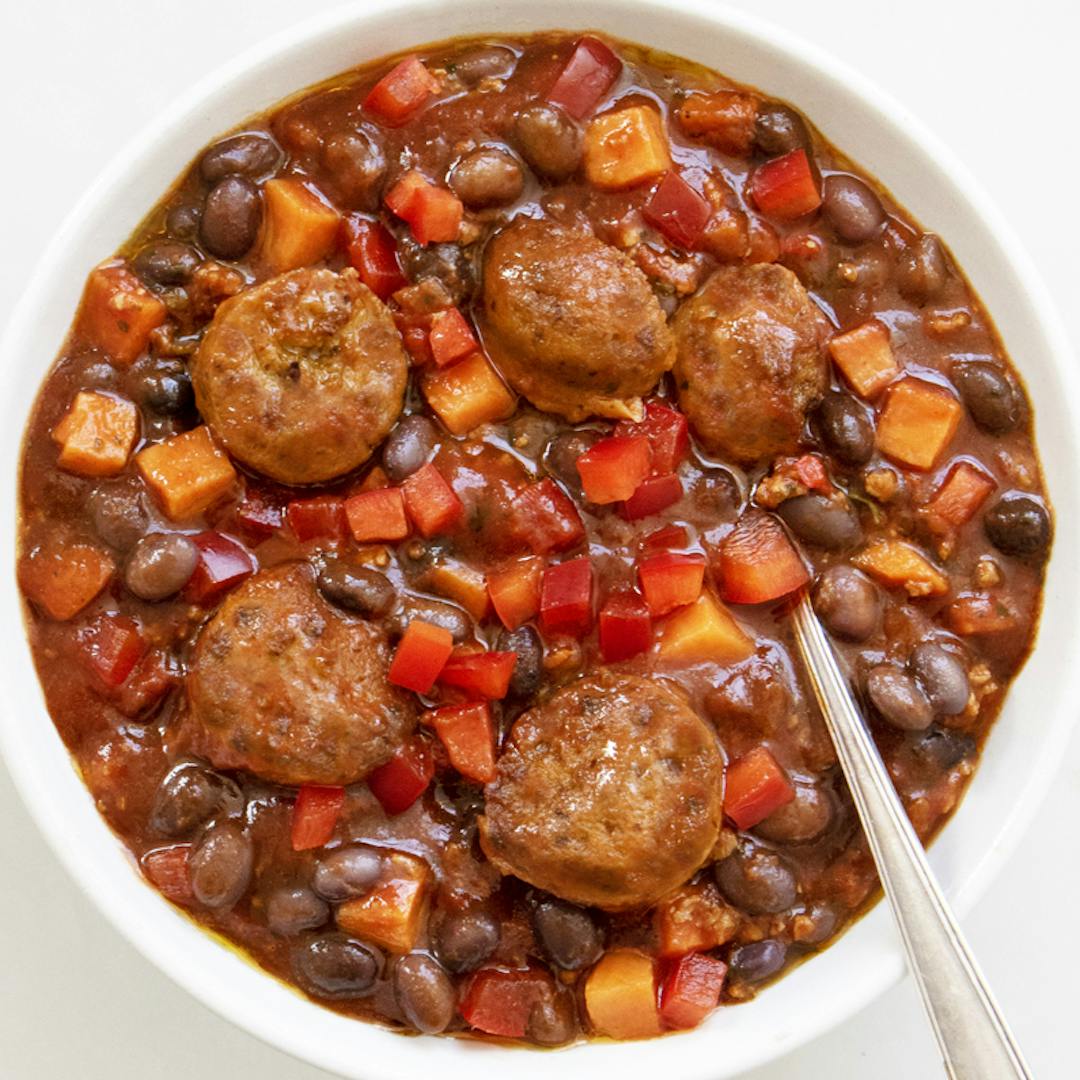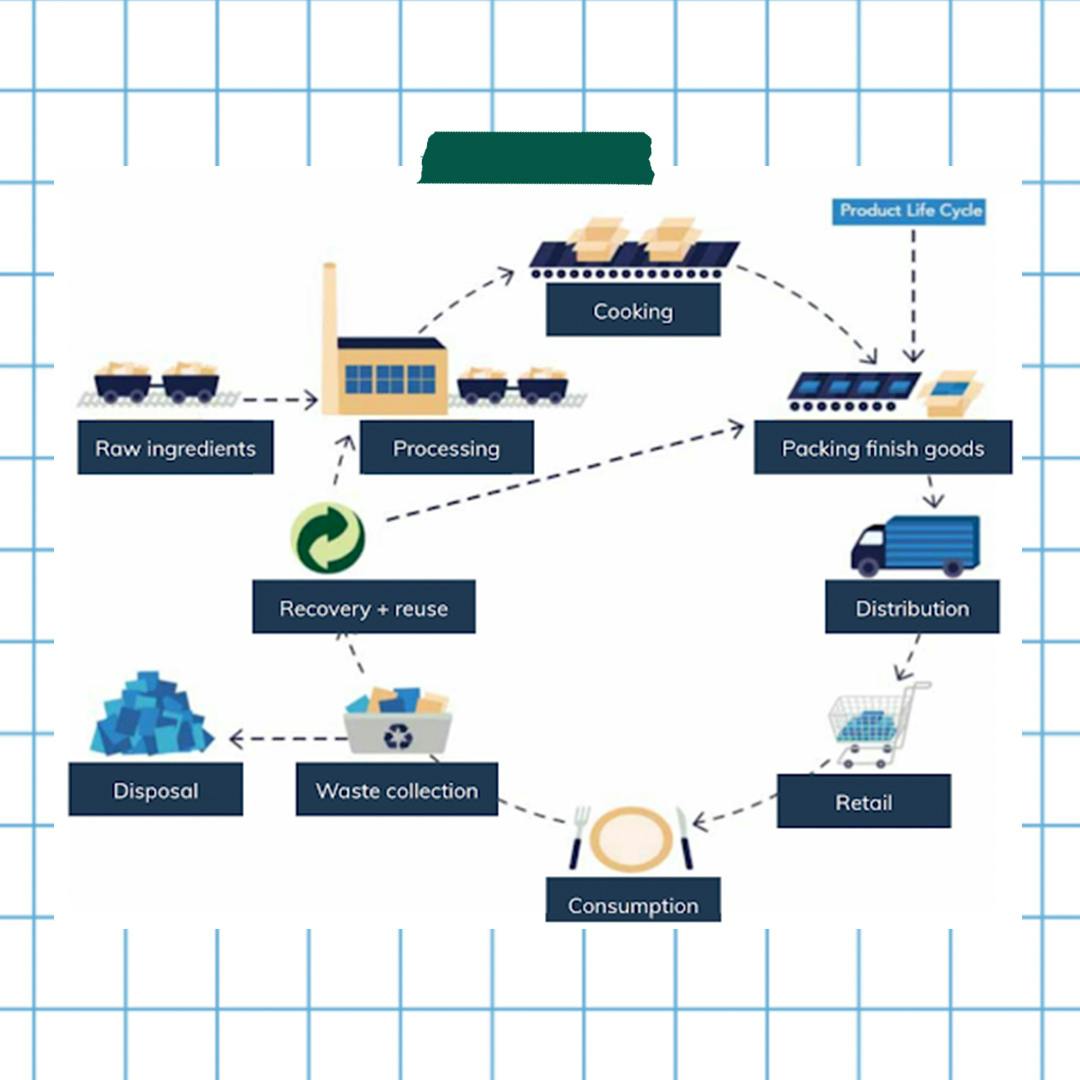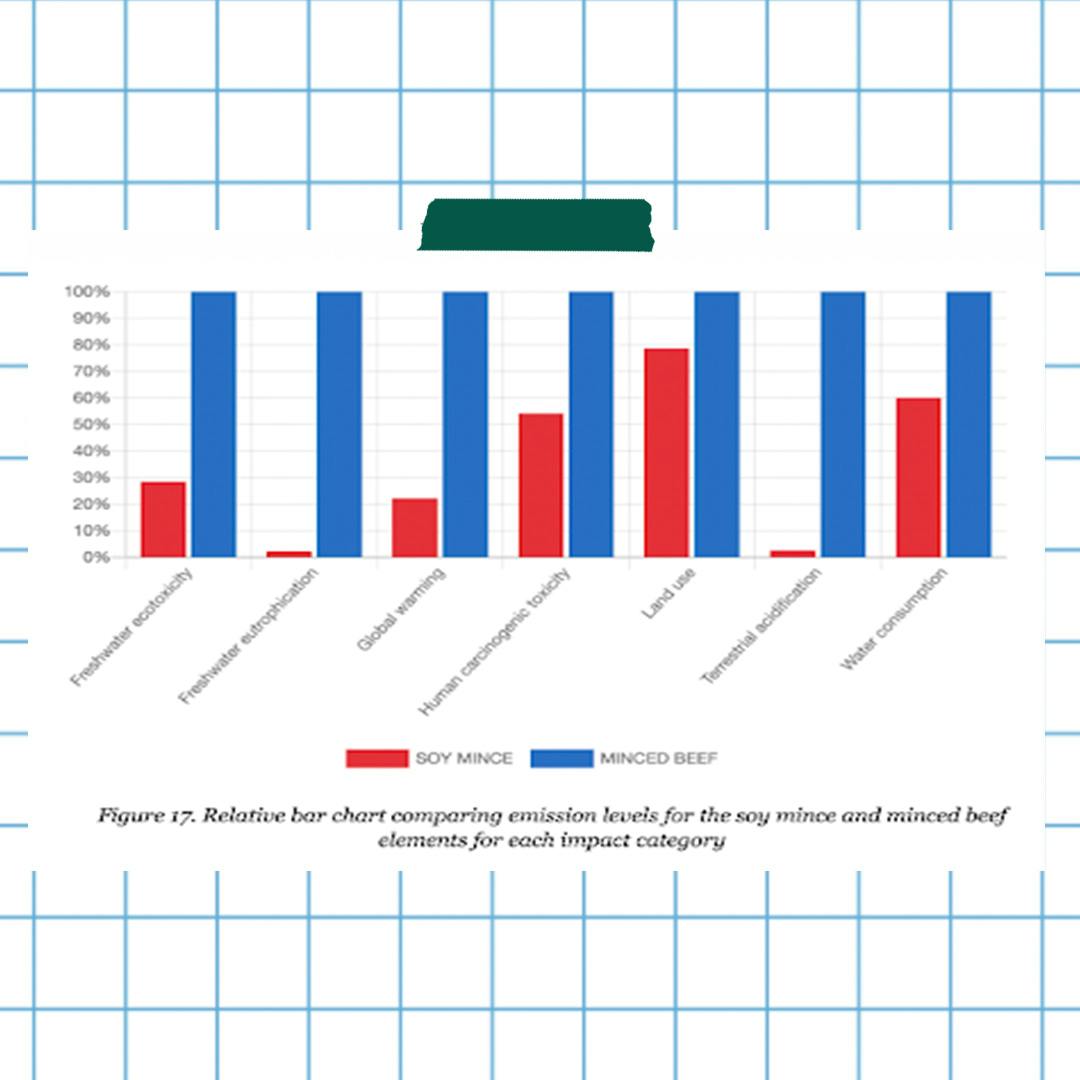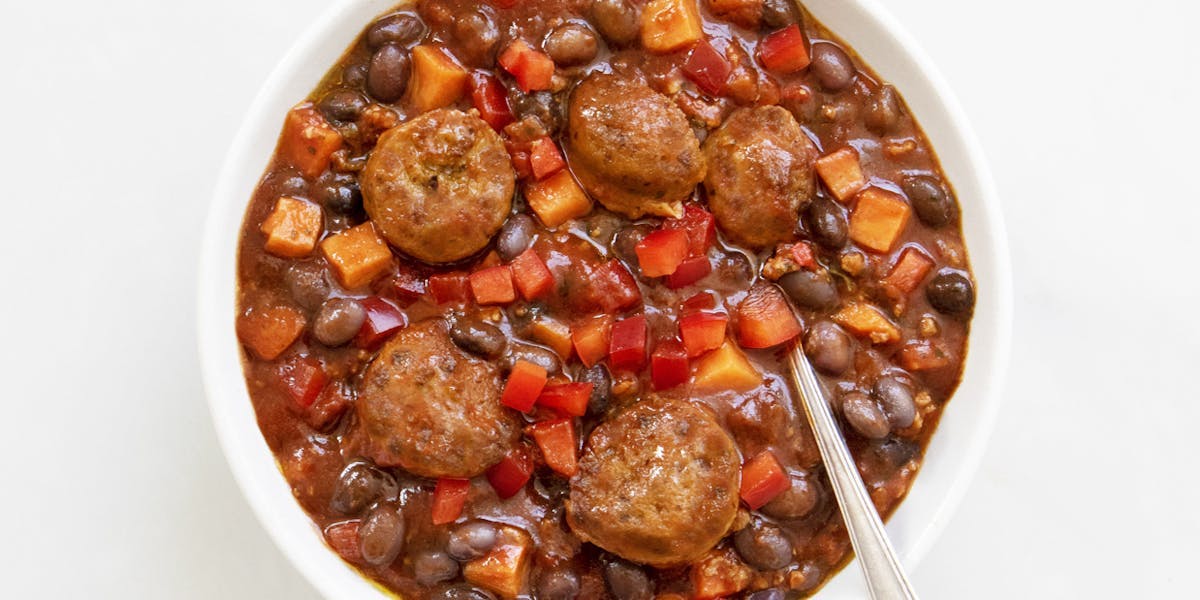Lifestyle
Beef Chilli Vs Vegan Chilli: What's The Difference?
7min read
Our food system is highly problematic and at the nexus of many global, persistent challenges like climate change and malnutrition. Continuing to produce and eat meat at the rate we do sets us pretty firmly on a path to exceeding 3C warming. At that point it’s predicted that we’ll enter a new ‘earth system state’ that is even less predictable and more volatile than the system we already know. Allplants exists to solve those problems by addressing some of the barriers to eating plant-based, like convenience and taste. Countless studies have shown eating plant-based to be the most significant action you can take to reduce your personal carbon footprint. But we wanted to prove that, so set out to get data collected specifically from our own products and supply chain.
Step 1: Life Cycle Assessment
We carried out a Life Cycle Assessment (LCA) with Bath University to map the value chain of a product from source to end-of-life. It attempts to quantify the environmental impact at every stage. With that information we can both add weight to our business case and identify any potential downfalls, allowing us to act in a more precise, impactful and quantifiable way in sustainability (which is something we’re always working on).
Step 2: Choose A Product
For our first foray into the world of LCAs we selected our Smoky Soul Chilli for how representative (in terms of ingredients) it is of the rest of the range. It was also important that we could easily compare the dish to a meat-based version to understand the value in shifting towards a plant-based diet. We collected data for our Smoky Soul Chilli and a comparative Beef Chilli.

allplants smoky soul chilli
Step 3: Gather Data
A full LCA would include all these inputs:

But this particular report looked at raw ingredients, processing + cooking stages only because of the time available. We will be continually adding more inputs to this data and building an ever-clearer picture of our impact, but this is where we’ve started.
What were we looking for?
Data was collected under each category below, for both our Smoky Soul Chilli and a Beef Chilli version, keeping every other variable and process the same (delivery, cooking etc), and looking at the impact of replacing the soy mince in our chilli with beef.
- Freshwater eutrophication + toxicity: this is the excessive growth of aquatic plants or algal blooms, due to high levels of nutrients in freshwater environments. Toxicity is the reverse, where life is killed off due to inorganic substances making their way into rivers.
- Global warming potential: this is the heat absorbed by any greenhouse gas in the atmosphere. So, the potential of the emissions associated with the process to warm the climate.
- Land use: this is pretty straightforward - land is becoming a limited resource so we need to make sure we’re using it efficiently.
- Human carcinogenic toxicity: the potential for the substances used to be toxic and carcinogenic to humans above certain levels.
- Terrestrial acidification: looks at emission levels of Nitrogen Oxides (NOx), Ammonia (NH3) and Sulfur Dioxide (SO2), chemical compounds released in smaller amounts than CO2e.
- Water consumption: is simply how many cubic metres of water are put in to grow and process the ingredients required
So what did we find?
The graph below also demonstrates the percentage decrease in every environmental impact category (listed above) when you replace beef with soy in a chilli dish. Most significantly, the percentage decrease in global warming potential from a typical Beef Chilli to our Smoky Soul Chilli is a whopping 80%. This is colossal and something we’re extremely proud of. It also means that, if every meal was comparable to our chilli, we would cut the contribution of protein production to global warming from 0.5 to 0.1C.

What next?
Sustainability is never a done job, there is always more to learn and we’re committed to actively seeking out that knowledge, sharing our findings (good and bad) with you along the way.
By Ellie Harrison
Ellie heads up all-things sustainability, making sure everything we do is as conscious as possible. She couldn’t live without volleyball, killer whales and porridge… though hopefully not at the same time.
Let us take care of dinner
We help to make eating more plants easy and delicious. Fancy letting us take care of dinner? Check out our delicious meals here.
Shop now
